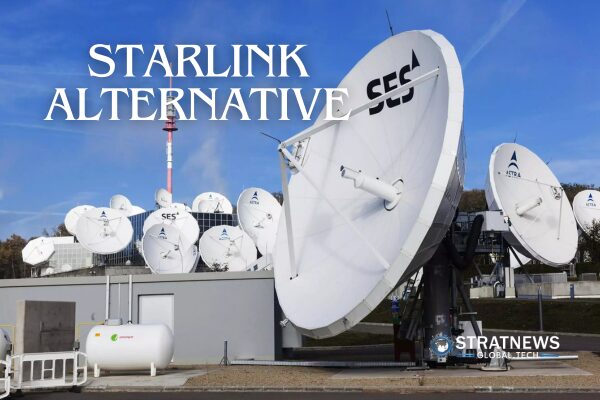SES in Talks to Support Europe’s Satellite Independence Amid Starlink Concerns
European satellite operator SES is in active discussions with the EU and other governments to offer services that can complement Elon Musk’s Starlink. As the region rethinks its reliance on foreign providers, SES aims to play a key role in building secure, Europe-based space communications.
Strategic Shift in Satellite Planning
SES CEO Adel Al-Saleh revealed that conversations have moved beyond short-term needs. Governments are now considering mid- and long-term solutions. “The discussions are much more strategic in nature,” he told Reuters. “We are seeing European nations seriously boosting their defence budgets.”
Al-Saleh clarified that SES is not aiming to replace Starlink but to strengthen Europe’s overall space capability. “There are alternatives, not to completely replace Starlink, that’s not possible, but to augment and complement Starlink,” he said.
A Growing European Concern
The move follows growing tensions between the US and Europe over Ukraine. In March, the European Union contacted satellite operators such as SES and France’s Eutelsat to explore their ability to support Kyiv if the US restricted Starlink access.
Last month, the European Commission suggested that EU funds should be used to give Ukraine access to services from European-based satellite operators.
With increasing security risks and the need for autonomy in digital infrastructure, European nations are pushing for diversified and resilient systems.
SES Expands Satellite Capabilities
SES operates a fleet of around 70 satellites, including more than 20 medium Earth orbit (MEO) satellites, which sit approximately 8,000 km above Earth. These MEO satellites deliver data faster than traditional geostationary satellites and offer high-speed internet for government use and underserved regions.
The company plans to expand this number to 100 in the coming years, aiming to boost coverage and performance. SES already provides secure satellite communication services to NATO and the US Department of Defense.
Despite this, Europe faces stiff competition from international players. Starlink, Amazon’s Kuiper, and China’s SpaceSail are planning vast low-Earth orbit (LEO) constellations, raising concerns over Europe’s reliance on foreign technologies.
Call for Greater Flexibility
According to Al-Saleh, Europe is not seeking to exclude global providers but wants to avoid dependency. “It is not right to say they just want to avoid Starlink or the Chinese,” he noted. “They want to have flexibility and avoid being tied to one or two providers.”
Europe’s growing interest in developing its own satellite systems is a sign of its intent to take control of its space-based communications future—balancing resilience, security and independence.
with inputs from Reuters


